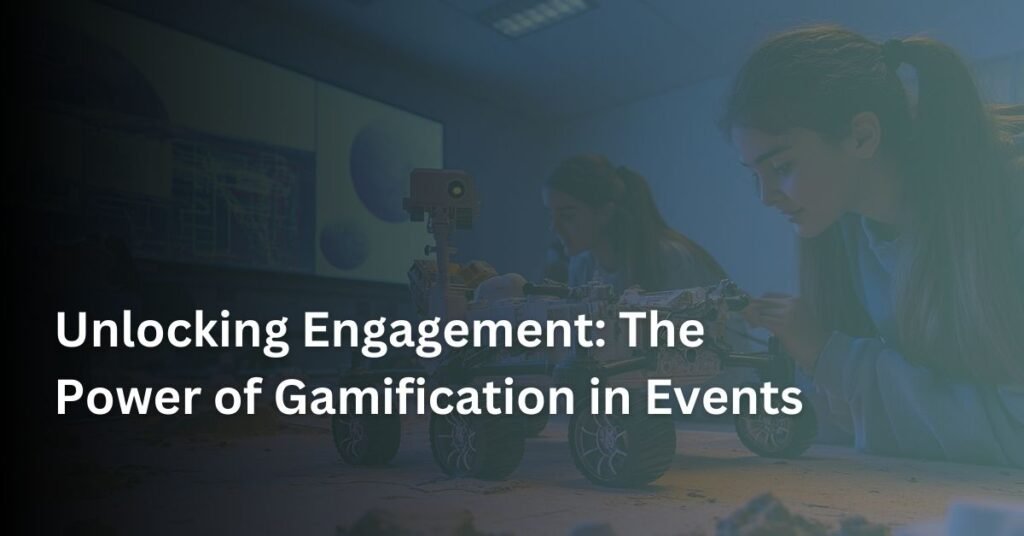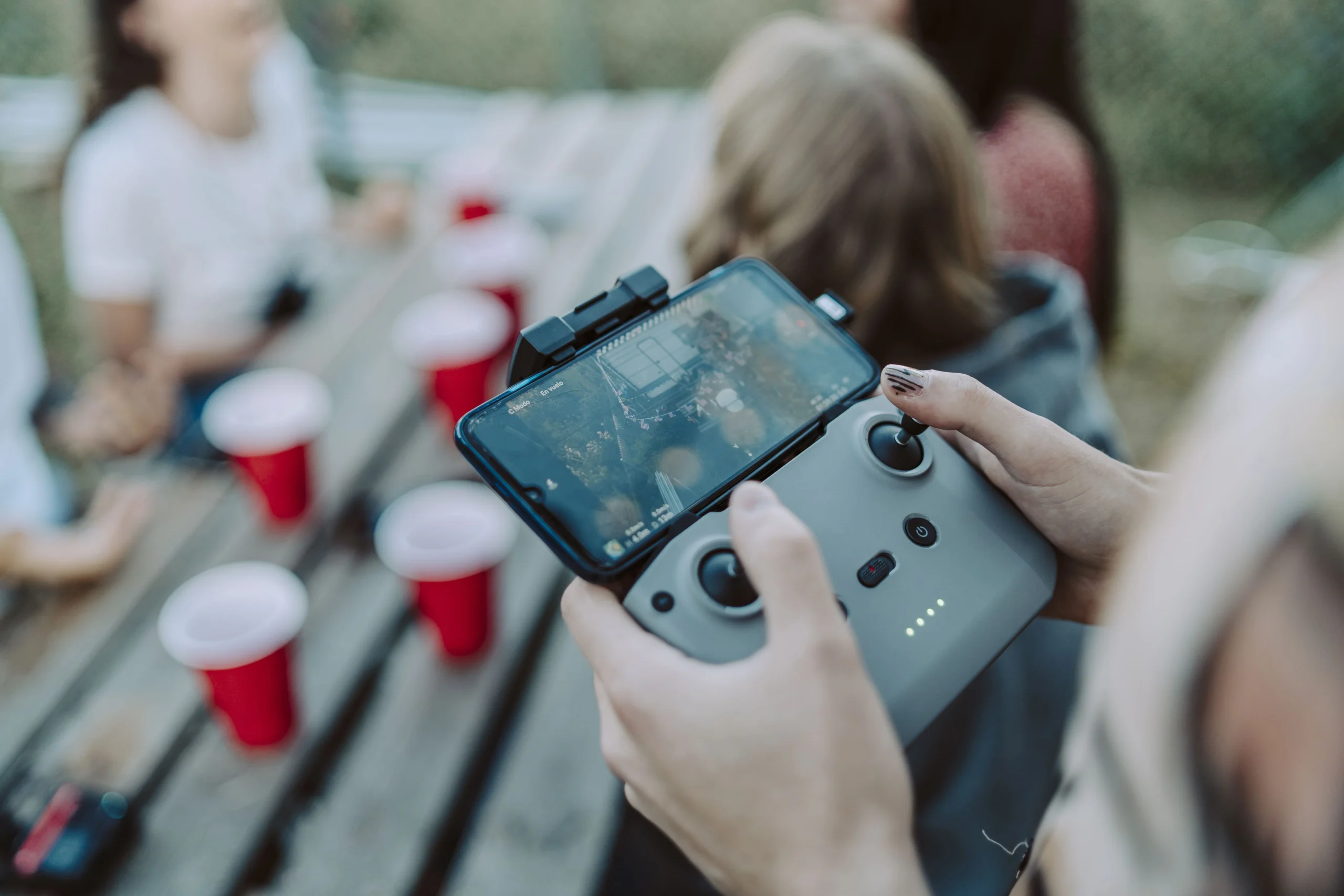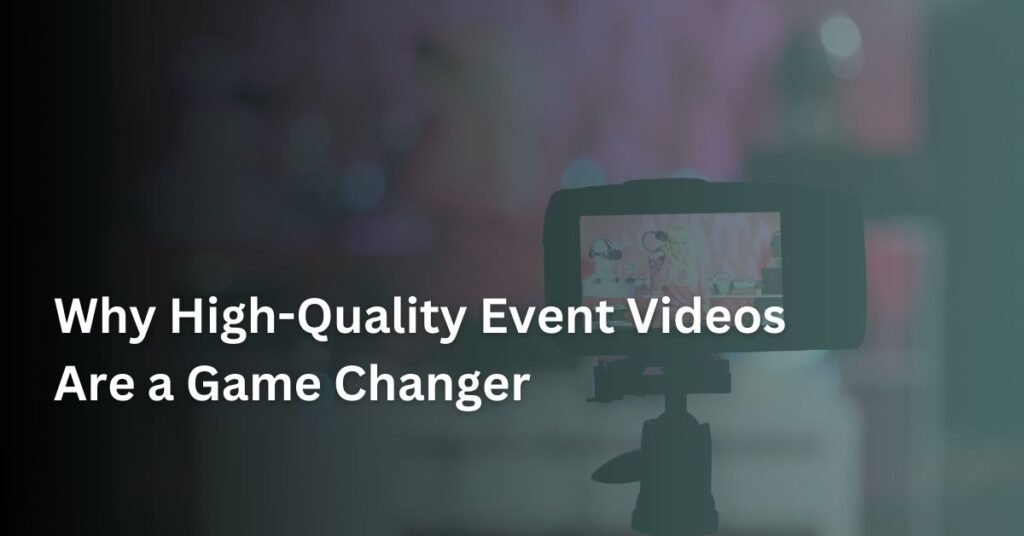Stand Out: Creating Unique Event Branding That Captivates
In today’s competitive landscape, event branding is not just an option; it’s a necessity. Unique branding helps your event stand out and ensures it leaves a lasting impression on attendees. In this blog post, we will explore the key elements of effective event branding, share actionable tips, and highlight how you can leverage the power of branding to enhance your event experience.
The Importance of Event Branding

First and foremost, event branding establishes the identity of your event. A strong brand can create anticipation and excitement, making attendees more likely to engage and participate. According to a study by Eventbrite, 70% of attendees say that branding influences their decision to attend an event. Thus, understanding your audience and what resonates with them is essential.
Know Your Audience
To craft compelling event branding, begin by understanding who your target audience is. Conduct surveys, focus groups, or utilize social media insights to gather information. For instance, if you’re hosting a tech conference, your branding should reflect innovation, creativity, and modernity. Similarly, a charity gala might benefit from a more elegant and sophisticated design.
Create a Memorable Theme
Next, consider developing a theme that encapsulates the essence of your event. A well-defined theme ties together various elements, including visuals, messaging, and experiences. For example, if your event focuses on sustainability, your branding could incorporate earthy tones and eco-friendly materials. Resources like Canva provide templates that help visualize your theme, making the design process easier.
Consistency Across Channels

Consistency is key when it comes to branding. Ensure that your event branding is coherent across all channels, including your website, social media, and printed materials. This consistency helps reinforce your message and makes it more recognizable. Utilize tools like Hootsuite for social media management to maintain a uniform brand presence across platforms.
Engage Attendees Before, During, and After the Event
Branding should not stop at the event. Engage your attendees throughout their journey. Use email campaigns to keep them informed and excited before the event. During the event, create immersive experiences that align with your branding. Post-event, follow up with personalized thank-you notes, and encourage attendees to share their experiences on social media.
For example, consider using AttendeeGain for managing attendee engagement and feedback, ensuring that your brand remains at the forefront of their minds long after the event has ended.
Leverage Technology for Enhanced Branding

Technology can significantly enhance your branding efforts. From mobile apps to interactive kiosks, incorporating tech can create a more engaging experience for attendees. Custom apps, like those developed by BrandWorks, can facilitate networking, provide real-time updates, and offer personalized agendas, all while reinforcing your event’s branding.
Utilize Visual Storytelling
Visuals play a critical role in branding. Incorporate high-quality images, videos, and graphics that resonate with your audience and convey your message effectively. Tools like Adobe Spark can help you create eye-catching visuals that align with your brand’s theme and message.
Conclusion
In conclusion, creating unique event branding is vital for capturing the attention of your audience and ensuring a memorable experience. By knowing your audience, establishing a consistent theme, engaging attendees throughout their journey, and leveraging technology, you can create impactful branding that resonates with your audience. Start implementing these strategies today to elevate your event and leave a lasting impression.

Abhishek Kapoor
Abhishek Kapoor is the founder and creative head of BrandWorks Worldwide. His is an ex-Cvent and has worked in the event space for the last 13 years, providing branding and registration expertise to many clients globally.
Stand Out: Creating Unique Event Branding That Captivates Read More »

















